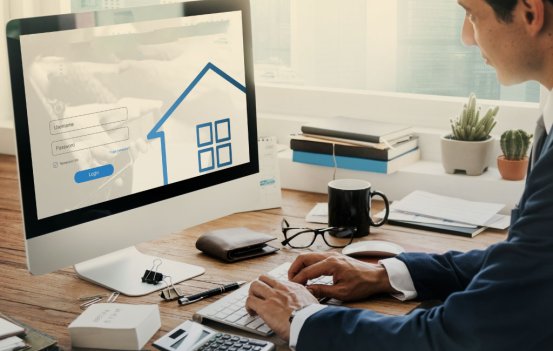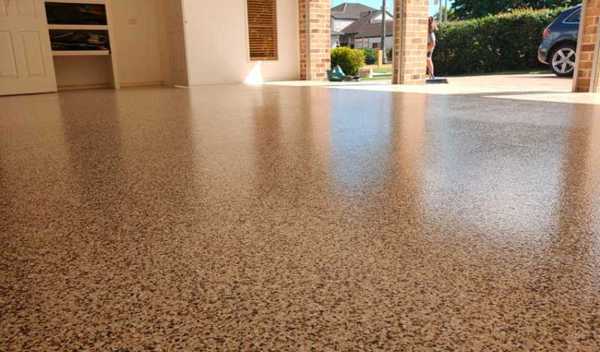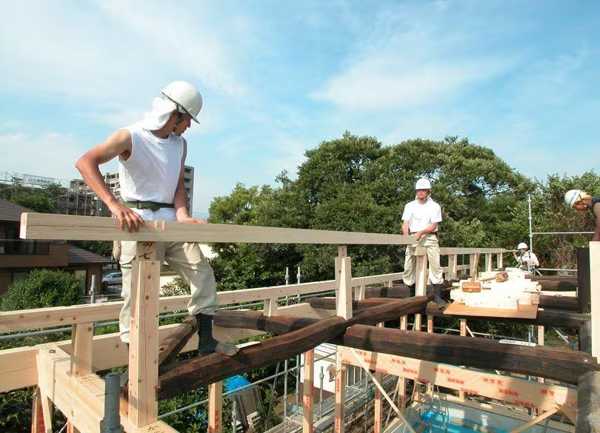How Property Management Software Can Revolutionize Daily Operations
Property management software refers to advanced digital platforms designed to streamline day-to-day tasks for businesses managing properties. These powerful tools handle a broad spectrum of responsibilities, from task scheduling and occupancy tracking to financial management.
Property management software refers to advanced digital platforms designed to streamline day-to-day tasks for businesses managing properties. These powerful tools handle a broad spectrum of responsibilities, from task scheduling and occupancy tracking to financial management.

As organizations aim to minimize dependence on manual multitasking—often prone to human error—automated solutions have seen a sharp rise in adoption. Acting as a centralized, cloud-based hub, property management software automates workflows, enhances operational accuracy, and simplifies information tracking. This results in smoother task execution and greater overall efficiency.
Key Factors When Choosing the Right Property Management Software
Selecting the right platform calls for a strategic evaluation to ensure the software fits the company’s operational requirements.
Clarifying Business Needs
Before making any significant investment—covering license fees, setup, and system integration—it is essential to identify the organization’s core needs. This involves asking targeted questions: Does the software need strong capabilities for lease administration, rent collection, or maintenance tracking? Is the focus on residential, commercial, or mixed-use properties? Scalability is also crucial, especially for portfolios expected to grow. By mapping these priorities, businesses can select a solution that aligns with their operations and maximizes efficiency.
Assessing Security and Data Protection
One of the primary reasons companies migrate to property management software is to strengthen data security. These platforms secure sensitive records—such as tenant profiles, financial transactions, and maintenance logs—far better than paper-based methods. Top solutions use advanced encryption, secure backups, and multi-factor authentication to safeguard data. Robust permission settings further protect both internal company data and client information, ensuring compliance and peace of mind.
Streamlining Invoicing and Billing
Property management software is widely adopted in industries like hospitality, where speed and accuracy are critical. Hotels, for instance, handle frequent guest turnover, which puts pressure on staff to process invoices and payments quickly. An effective software platform automates billing and reduces mistakes. A user-friendly interface is vital—if invoicing tools are cumbersome, they can create delays, making it essential to reconsider the software choice.
Prioritizing Quick Implementation and User-Friendly Design
Companies prefer software that can be deployed quickly and integrated seamlessly with existing systems. Long, complicated setup processes can disrupt daily operations. A well-designed interface ensures that teams across departments—such as housekeeping, administration, and leasing—can use the system efficiently. When software runs smoothly, it directly boosts organizational productivity.
Essential Functions of Property Management Software
Modern property management tools offer a diverse set of capabilities that make them indispensable to property owners and managers.
Rental Payment Management
These platforms include tools to monitor rent collection and payment schedules, track outstanding balances, and manage tenant payment histories.
Improving Customer Engagement
Automated alerts for lease expirations, payment due dates, and maintenance updates help maintain strong communication with tenants, improving service quality and tenant satisfaction.
Accounting and Financial Tracking
Accurate financial oversight is a key benefit. Property management systems simplify bookkeeping, generate reports, and produce financial statements such as ledgers and balance sheets with minimal effort.
Budgeting for Custom Commercial Property Management Software
Creating a custom property management solution can cost anywhere between $40,000 and $250,000, depending on variables such as interface complexity, feature set, technology stack, and development team location. While unforeseen costs may arise, proper planning ensures investment aligns with business needs.
Top Property Management Software in the Industry
Several platforms are widely recognized for their efficiency, including Rent Manager, Guesty, Rentec Direct, PayHOA, TenantCloud, and Buildium. These systems excel in short-term rental coordination, tenant data management, rent processing, and property maintenance oversight.

Durable Resin Patio Flooring in the UK: Benefits and Installation Insights for 2025

A Complete Guide to Salesforce CPQ Software Integrations

Smarter Logistics Starts with GPS Fleet Management Innovation

Toyota Prado 2025 — Rugged Strength Meets Modern Innovation

引っ越し後すぐにネットを確保!おすすめ回線&工事不要 Wi-Fi 完全ガイド






